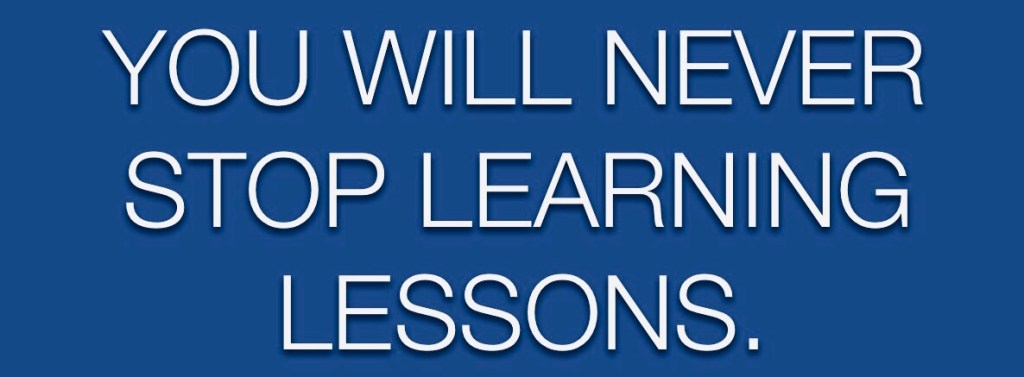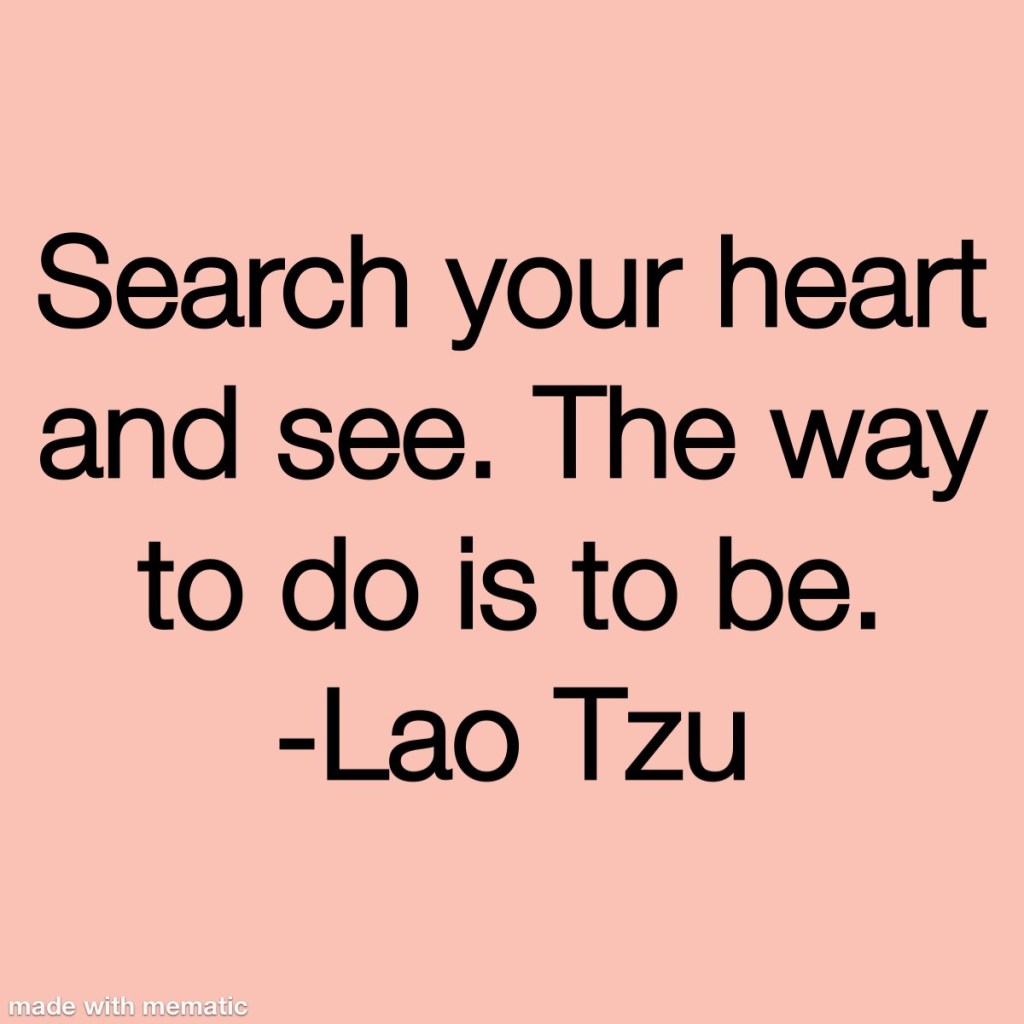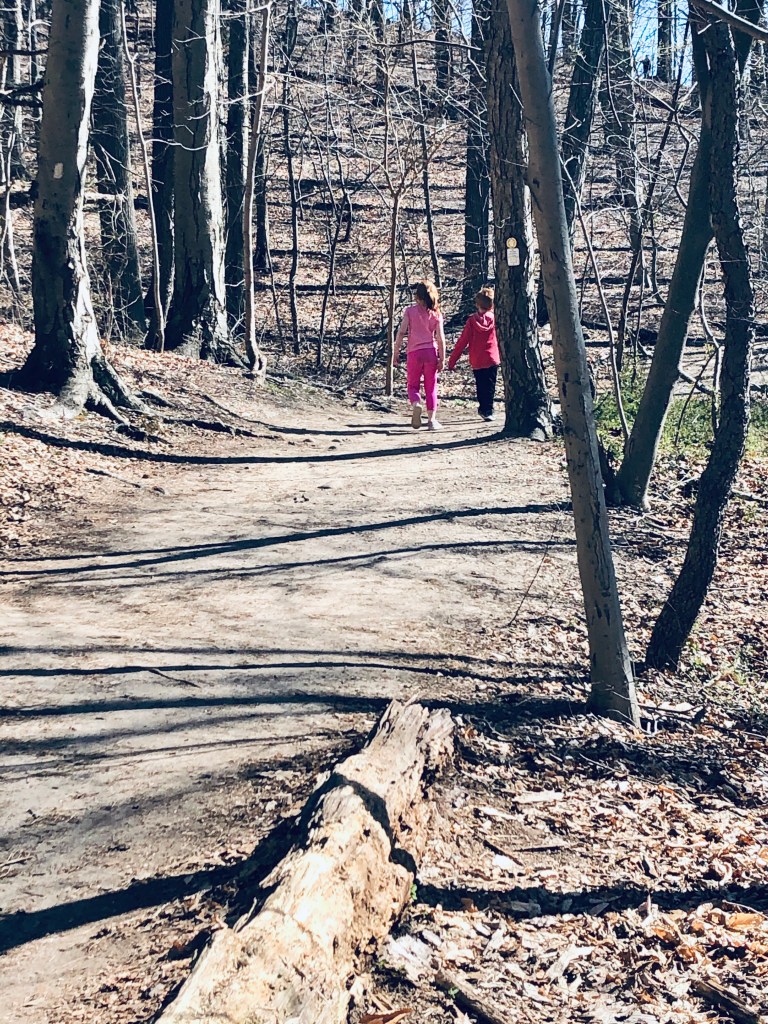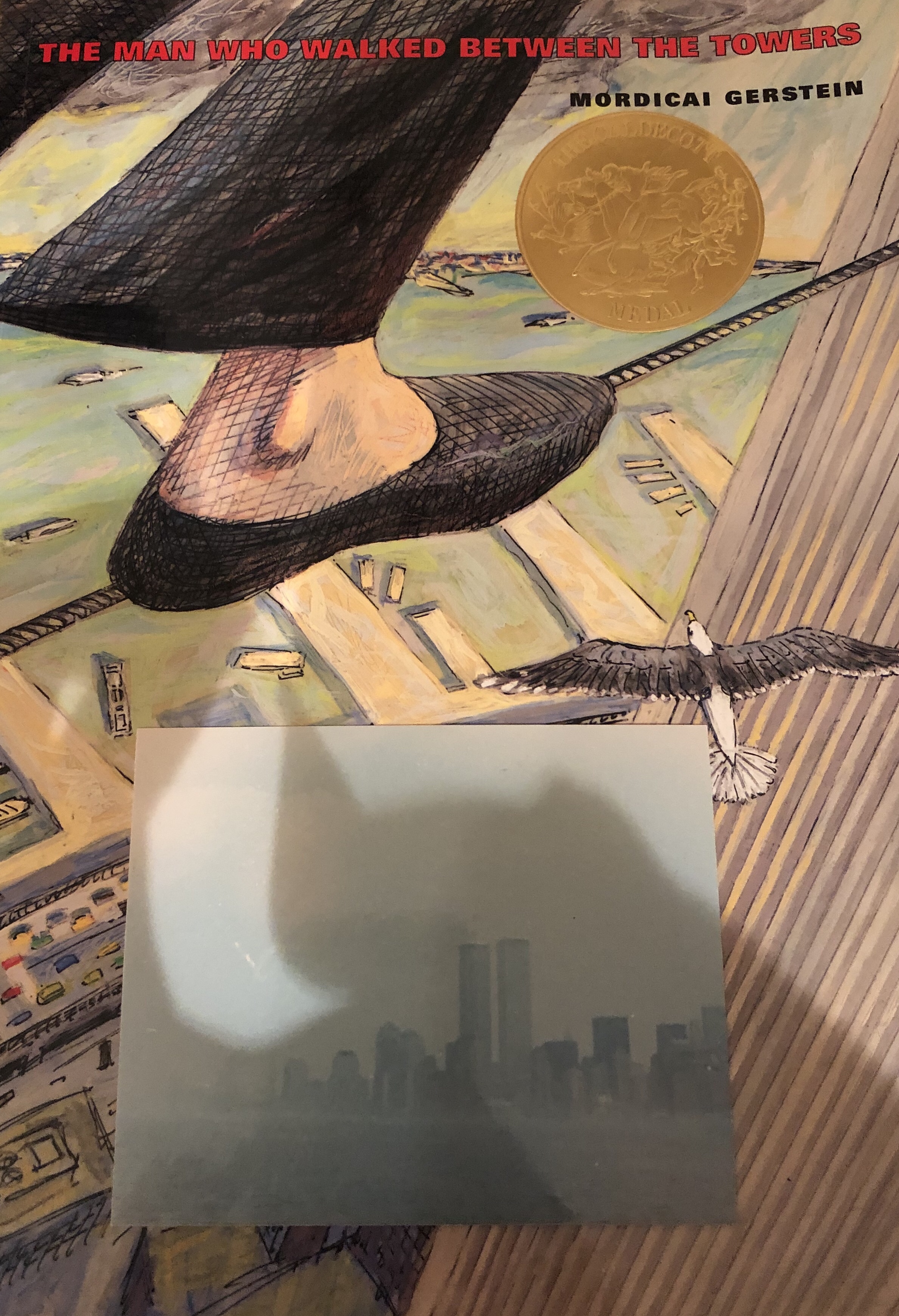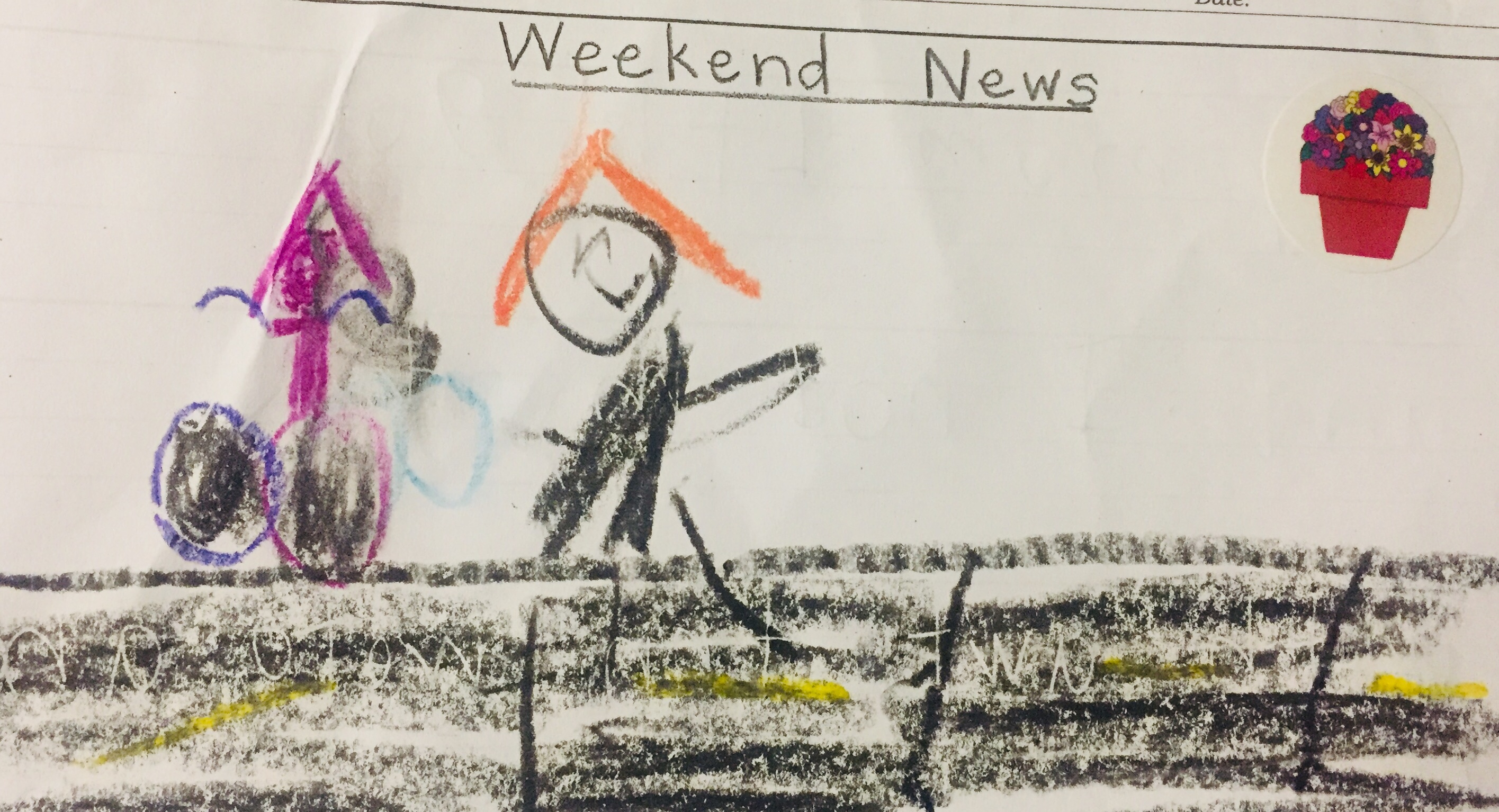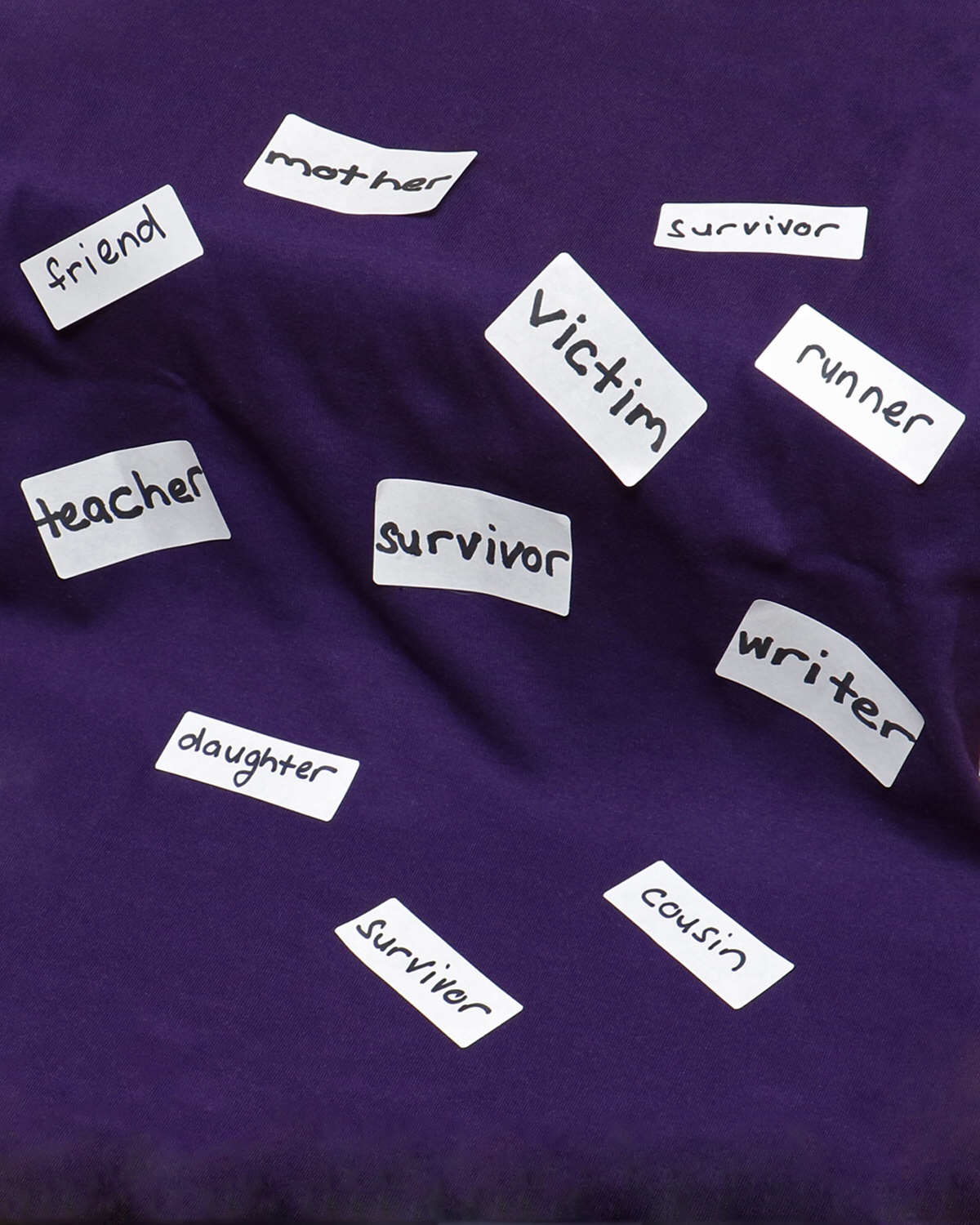You will be fine. You are taking care of business,” the stranger said to me. The stranger, a middle aged woman, stood in my living room, deciding whether she wanted to purchase my desk.
The woman had walked in and immediately inquired why I was selling my furniture. My newly renovated house was in upheaval. Many rooms were empty. Others filled with packed boxes. As I told her I was getting divorced, my small children flanked my sides.
She ran an appraising glance over me. “You will be fine,” she pronounced again.
Many times over the past four years, I have thought back to the moment a complete stranger’s words instilled causeless confidence in me. And she was right; I have been fine because, despite heartbreak and tumult, I do always manage to take care of business.
I am a collector of stories. A believer in humanity. The invisible strength of mothers. There is beauty and resilience to be found in the moments of pain that threaten to destroy us. That words have power. Talk is therapy. In second chances, for people and, in an odd, recent twist, furniture.
I never envisioned myself as an DIYer, but last summer, when I waited for a court decision that might destroy the lives of my children and me, I started refurbishing old wood furniture. And so on weekends without my children, I scour FB marketplace and purchase unwanted pieces. Finding the beauty in discarded pieces is difficult but gratifying. Taking an old, broken piece and reworking it until it is beautiful is magical.
I have come to realize that women are the main sellers of old furniture. And these women all have stories to tell as they divest their belongings. Stories which they readily share with the stranger at their door, the stranger who will now possess what they once owned.
One seller in her sixties was downsizing her sizable house to move out of state. I came to purchase a cabinet, but she took me through her house showing me the other pieces for sale. The woman was gregarious, and it was easy to imagine her large group of friends. She told me that she has come to realize her generation sold mine a bill of goods in the form of feminism. “Women are now expected to have two jobs instead of one.” Who could disagree with that truth?
Finding new pieces to refurbish has become much more fulfilling than I could have ever imagined. I purchase used furniture, but, more importantly, I collect stories.
And so today, I stepped into the home of a stranger selling an old sewing table, and I looked around her newly renovated home. It was in upheaval. The empty rooms, the packed boxes. I had been there before. I asked her if she was selling her home.
I stood in her kitchen as her story tumbled out. She is a teacher with three children, her husband cheated, and her marriage collapsed. As a divorcee, people often come to me with their sad or sordid stories, so I am no longer shocked with the pain spouses inflict on the people they once publicly promised to love.
I hugged this stranger and told her she was going to be fine. She was taking care of business.
But it was also the former version of me I embraced. The one who didn’t know what lay before her. And so I told this woman all the wisdom I now knew was true.
Life is calmer, less chaotic, happier on the other side.
Starting over is hard but better.
When you have to get rid of everything, you no longer care about material objects.
As long as I have my children, I could leave everything behind. I wouldn’t want to, but I could. And that’s freeing.
This was her moment to share. She is still in the middle of it. So I didn’t share my own story.
A year and a half after my divorce settlement was signed, my ex took me back to court. Fueled by rage and his parents’ funds, he accused me of violating the settlement and sought a 50/50 custody schedule. For two years, this threat hung over my head. Last spring, I spent ten days on trial in family court. Singlehandedly, the worst ten days of my life. In all that time, I was unable to write. Barely able to speak. I couldn’t put the unknowable and unimaginable into words. The stability I had found post-divorce threatening to shift beneath me. Some days, it was hard to breathe, but I always took care of business.
Then there was the wait. The world as my children and I knew it could be pulled from us at the whim of the legal system. For six months after the trial ended, I awaited the judge’s decision. Still I couldn’t tell my story not when I didn’t know the ending. Even after I found out the judge ruled in my favor, I couldn’t write, silently processing the traumatic experience.
It has been eight months. In that time, I have often tried to write but found I could say nothing. However, today, as I attempted to help this stranger with her pain to bear, it changed.
“You will be fine,” I repeated. She and I hugged again. She was heading to put her old life behind her and to embrace her new one. I was returning to the life I have created with my children.
I sat in my car with my new piece to redo, and the words that had been invisible for almost three years swirled jarringly in my head. I arrived home, sat at my computer, and the ideas tumbled onto the screen too fast to channel. Because that’s what we do, we take care of business and share our stories. It is magical.
